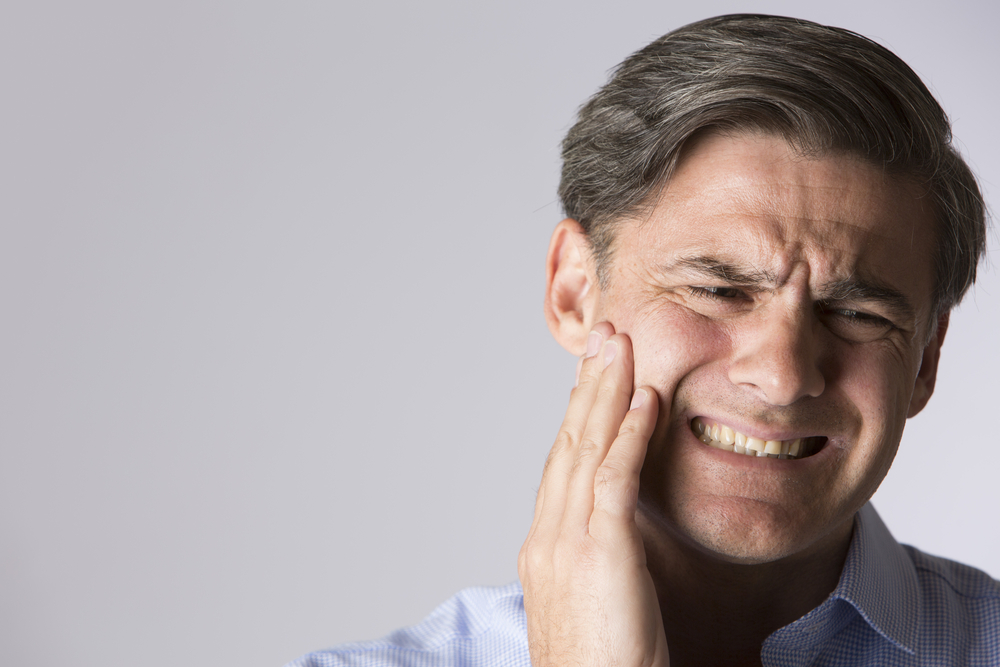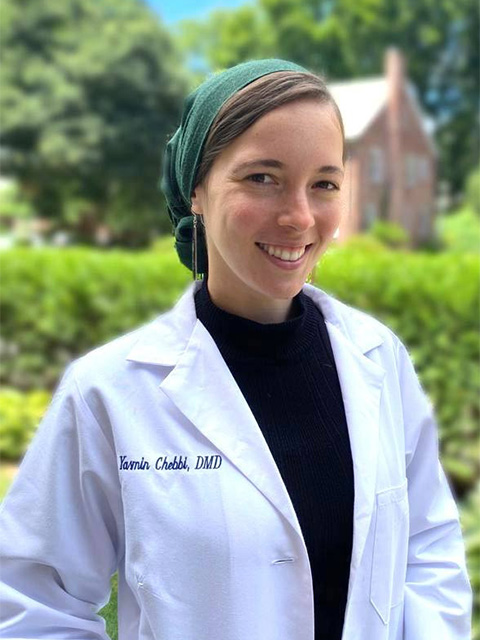
Jaw Pain & Headaches (TMJ) | Waltham MA
Do you suffer from jaw pain or a locked jaw? Do you have headaches, ear pain, or facial pain? Do you suspect that you clench and grind your teeth at night? Many patients with these symptoms are not diagnosed correctly. If you have visited a dentist for these issues and are still suffering from jaw pain after using a night guard, we may be able to help! At The Flossery, Dr. Yasmin Chebbi uses a comprehensive diagnostic and treatment approach to help patients in the Waltham, Needham, and neighboring MA communities find relief from their jaw pain for good.
TMJ disorders: What are they and what causes them?
Temporomandibular Disorders (TMD), also frequently called TMJ disorders, refers to inflammation, disfunction, and/or pain in the joints or muscles of the jaw. Some of the most common symptoms of people suffering with TMD/TMJ disorders include:
- Headaches
- Difficulty chewing
- Pain in their neck, face, or ear
- Jaw popping & clicking sounds
- Grinding their teeth
- The sensation of a locked jaw (in either the open or closed position)
To understand why TMJ disorders occur and why they are so common, it helps to know a bit about the way these joints work. While most joints in the body move only one direction (such as an elbow or knee), the TMJs are responsible for moving the jaw up and down, side to side, and back and forth so you can chew your food and speak properly, as well as communicate with a full array of facial expressions. Over time, issues such as tooth or jaw misalignment, clenching and grinding your teeth, or even certain lifestyle habits such as chewing on ice or your posture can start to wear on these joints, causing inflammation and pain.
TMJ treatment options
A common approach to treating TMJ disorders is to provide a night guard, but it is not effective in all cases at providing full TMJ pain relief. At The Flossery, we can help with a combination of custom designed splints, physical therapy, and medications to treat orofacial pain. Our optimal goal is to provide non-surgical treatment that reduces your pain and returns your TMJs to normal function.




